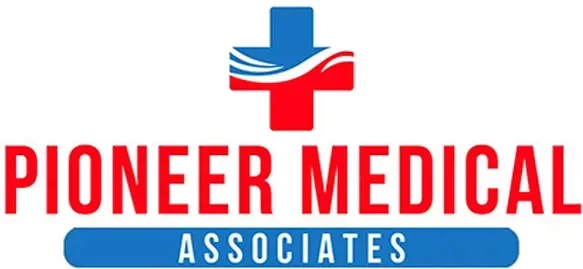
Cholesterol Management services offered in Frisco, TX and serving patients in Little Elm, TX, Plano, TX, Denton, TX and Prosper, TX
Cholesterol management is a crucial aspect of cardiovascular health. Elevated levels of cholesterol, particularly low-density lipoprotein (LDL) cholesterol, can contribute to atherosclerosis and increase the risk of heart disease and stroke. Here are key components of cholesterol management:
Lifestyle Modifications:
⦁ Dietary Changes:
- Reduce Saturated and Trans Fats: Limit intake of foods high in saturated and trans fats, such as fried foods, processed snacks, and certain baked goods.
- Increase Fiber Intake: Include soluble fiber in the diet from sources like fruits, vegetables, whole grains, and legumes.
- Choose Healthy Fats: Opt for sources of healthy fats, including monounsaturated and polyunsaturated fats found in olive oil, avocados, and fatty fish.
⦁ Regular Exercise:
- Engage in regular physical activity, aiming for at least 150 minutes of moderate-intensity aerobic exercise per week.
- Exercise can help raise high-density lipoprotein (HDL) cholesterol, the “good” cholesterol.
⦁ Maintain a Healthy Weight:
- Losing excess weight can help improve cholesterol levels.
⦁ Limit Alcohol Intake:
- If you consume alcohol, do so in moderation. Excessive alcohol intake can lead to high cholesterol levels.
Medication Management:
⦁ Statins:
- Statin medications are commonly prescribed to lower LDL cholesterol levels. They work by inhibiting the production of cholesterol in the liver.
- Common statins include atorvastatin, simvastatin, and rosuvastatin.
⦁ Other Medications:
- In some cases, other medications such as bile acid sequestrants, nicotinic acid, or cholesterol absorption inhibitors may be prescribed.
Regular Monitoring and Testing:
⦁ Cholesterol Blood Tests:
- Regular cholesterol screenings are essential to monitor cholesterol levels and assess the effectiveness of lifestyle changes and medications.
⦁ Risk Assessment:
- Assess overall cardiovascular risk, taking into account factors such as age, family history, smoking, and blood pressure.
Lifestyle Support:
⦁ Smoking Cessation:
- Quitting smoking is important for overall cardiovascular health, including cholesterol management.
⦁ Medical Supervision:
- Regular follow-up with healthcare providers for monitoring and adjustments to the management plan.
Individualized Treatment Plans:
⦁ Individualized Approach:
- Cholesterol management plans should be tailored to individual risk factors, health status, and response to treatment.
⦁ Patient Education:
- Educate patients on the importance of adhering to treatment plans and making sustainable lifestyle changes.
Collaborative Care:
⦁ Multidisciplinary Approach:
- Collaborate with healthcare providers, including primary care physicians, cardiologists, and dietitians, to ensure comprehensive care.
Cholesterol management is a lifelong commitment, and a combination of lifestyle modifications and, in some cases, medications is often necessary. It’s important for individuals to work closely with their healthcare team to develop and maintain an effective cholesterol management plan
